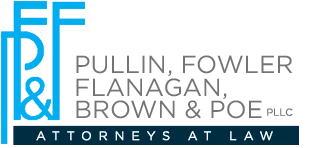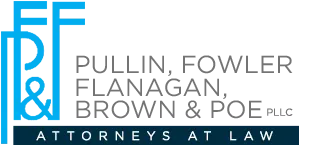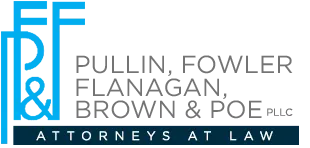
- posted: Jun. 20, 2023
- Employment Law
Employers face may discrimination claims when employees believe they have been retaliated against, demoted, terminated or otherwise disciplined because of unlawful reasons, such as the employee’s race, ethnicity, disability or a host of other characteristics protected under federal and state laws. These claims can become complicated when the employer is able to show a legitimate basis for the actions taken. This is known as a mixed-motive discrimination case.
A mixed-motive case is different than one in which the employer asserts a non-discriminatory pretext for taking the adverse action. In the seminal 1989 decision in Price Waterhouse v. Hopkins, the U.S. Supreme Court stated, “In pretext cases, the issue is whether either illegal or legal motive, but not both, were the ‘true’ motives behind the decision. In mixed-motive cases, however, there is no one ‘true’ motive behind the decision. Instead, the decision is a result of multiple factors, at least one of which is legitimate.”
In a mixed-motives case, the plaintiff must first establish that the employer’s adverse action was induced, at least partially, by a discriminatory purpose. The burden then shifts to the employer to present evidence that they had a legitimate reason for taking the action and that they would have taken the same action even without the unlawful motive.
For example, a Hispanic employee supplies proof that he was fired because of his ethnicity. The employer responds that it terminated the employee because it discovered that he lied on his resume about his credentials. If both motivations are found to have contributed to the termination, the employer would still face exposure to damages for unlawful discrimination. However, the employer could mitigate its damages by showing that the employee was in fact unqualified for the job and would not have been hired if the true facts had been known.
In pretext cases, by contrast, juries must decide which asserted reason was the true motivating factor. The plaintiff alleges that the non-discriminatory justifications offered by the employer are false. Pretext cases require proving that the adverse action would not have been taken but for the discriminatory reasons.
At Pullin, Fowler, Flanagan, Brown & Poe, PLLC in Charleston, we defend companies accused of unlawful discrimination, helping them develop the evidence needed to prevail in mixed motives and pretext cases in West Virginia, Ohio and Kentucky. To schedule a consultation with our employment attorneys, please call 304-344-0100 or contact us online anytime.

























































